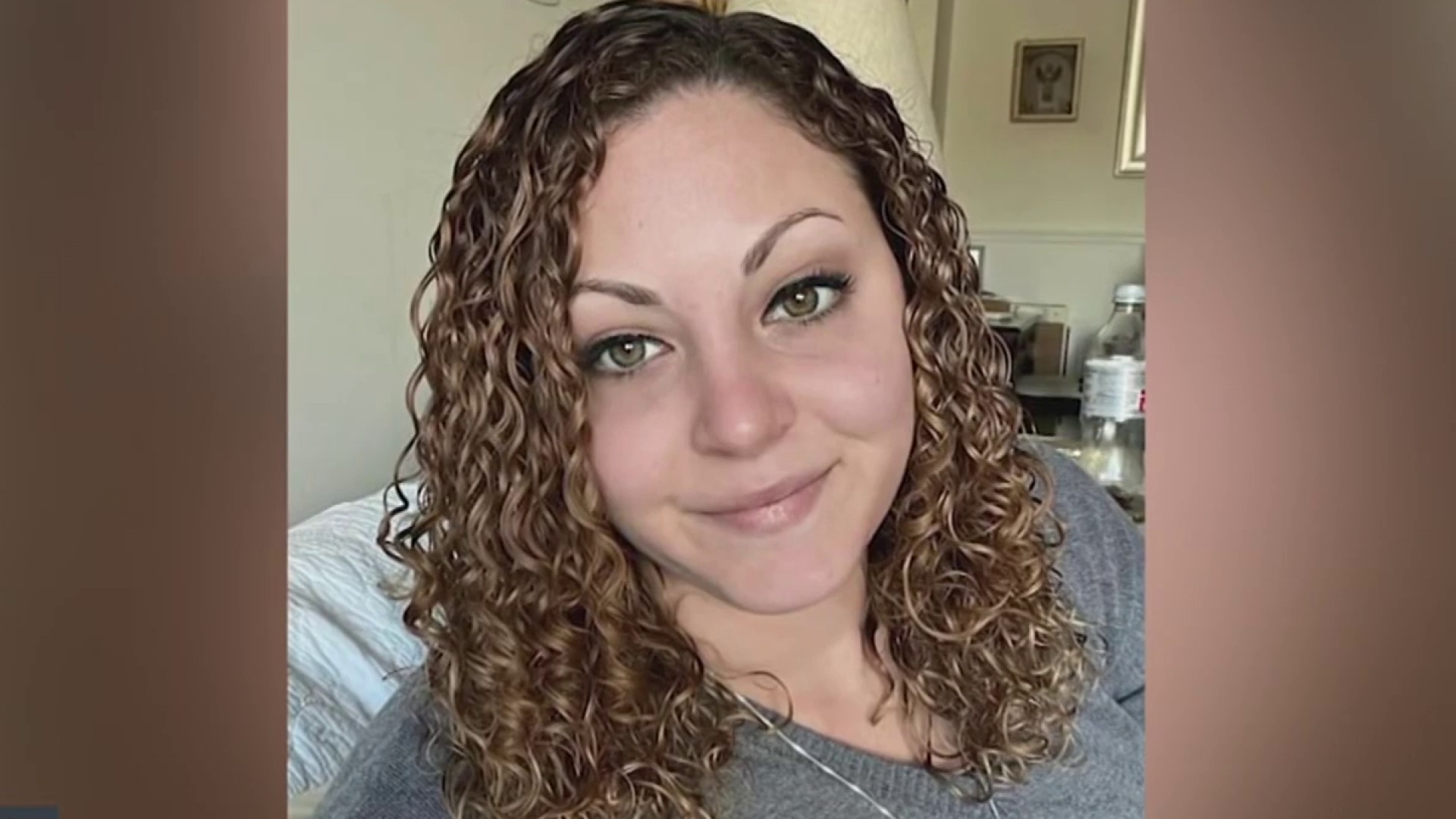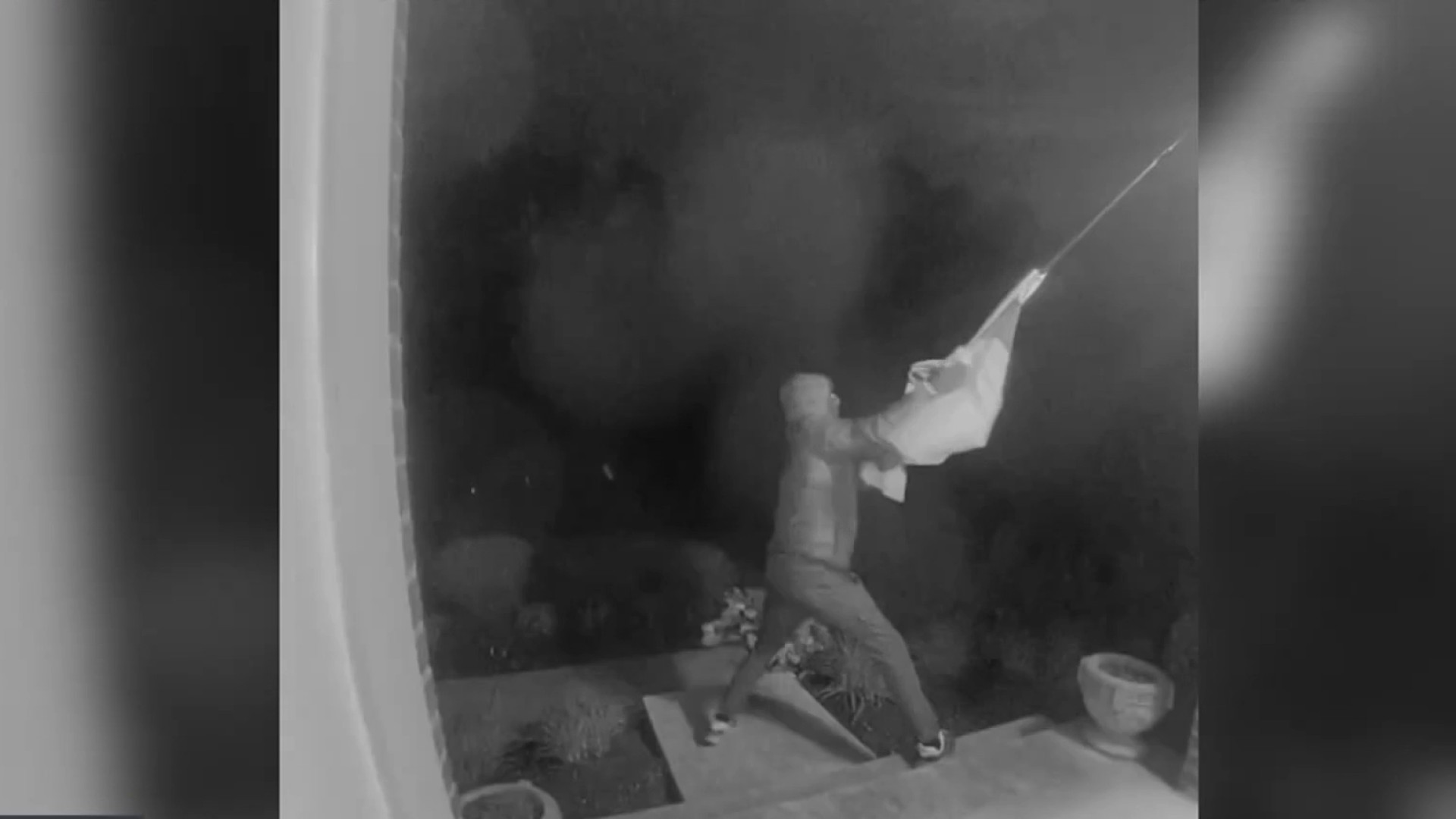Give thanks this week for the Bill of Rights -- while you still can.
The nation was abuzz in the days before Thanksgiving over new aggressive airport screening tactics introduced by the Transportation Security Administration. While there are reasonable differences over whether such a policy is necessary in an era of terrorist threats, it’s fair to say that the Fourth Amendment is one of those many things you can no longer bring aboard an airplane. (You can read more of my thoughts on the TSA controversy here.)
Closer to home, a smaller story isn’t getting nearly as much attention as the TSA debate, but it deals with a similar issue: At what point is a security risk so great that “right of the people to be secure in their persons, houses, papers, and effects, against unreasonable searches and seizures” does not apply?
Late Tuesday, Virginia Attorney General Ken Cuccinelli issued a legal opinion stating that Virginia teachers are free to seize and search the contents of students’ cell phones and laptop computers if they feel the student has been violating the law or school rules. Cuccinelli wrote in part: “It is my opinion that searches and seizures of students’ cellular phones and laptops are permitted when there is a reasonable suspicion that the student is violating the law or the rules of the school.”
The opinion had been requested by Rob Bell, a Republican legislator from Albemarle after a number of Albemarle County school principals expressed their concerns over cyberbullying. They wanted to know where the legal limits lie.
Bell told the Charlottesville Daily Progress, “School administrators don’t want to violate anybody’s rights. And they don’t want to break the law. But they do want to be able to intervene if they can.”
But the legal opinion essentially deputizes teachers as law enforcement officers, which troubles some -- and not just the expected bunch like the American Civil Liberties Union. John Whitehead, founder of the conservative Rutherford Institute, said, “This is bad, bad thinking. I’m appalled at this kind of stuff. It’s just appalling that people think like this in a country where we’re supposed to be teaching kids to value freedom and civil rights.” Whitehead said teachers “don’t know what reasonable suspicion is. They have one job: teaching students. They’re not law enforcement.”
Local
Washington, D.C., Maryland and Virginia local news, events and information
Whitehead suggested conservatives should be angry about Cuccinelli’s advisory opinion. “This teaches a really bad political science lesson, and that’s that the government can do whatever it wants with you,” he said.
But like the TSA case, the Cuccinelli opinion lies in that blurry area between the rights of Americans and the realities of the modern world. Whitehead is right that teachers are “not law enforcement,” but they have been forced to act as such for some time now. If a teacher suspects a device is being used inside the school in an inappropriate or illegal way, the teacher should act.
Whether the teacher should also search the device, read messages, and examine photographs is a different matter. Cuccinelli wrote that this would not be “excessively intrusive in light of the age and sex of the student and the nature of the infraction,” but it does fit Whitehead’s warning about overreach of the educator’s role.
Follow P.J. Orvetti on Twitter at @PJOinDC



